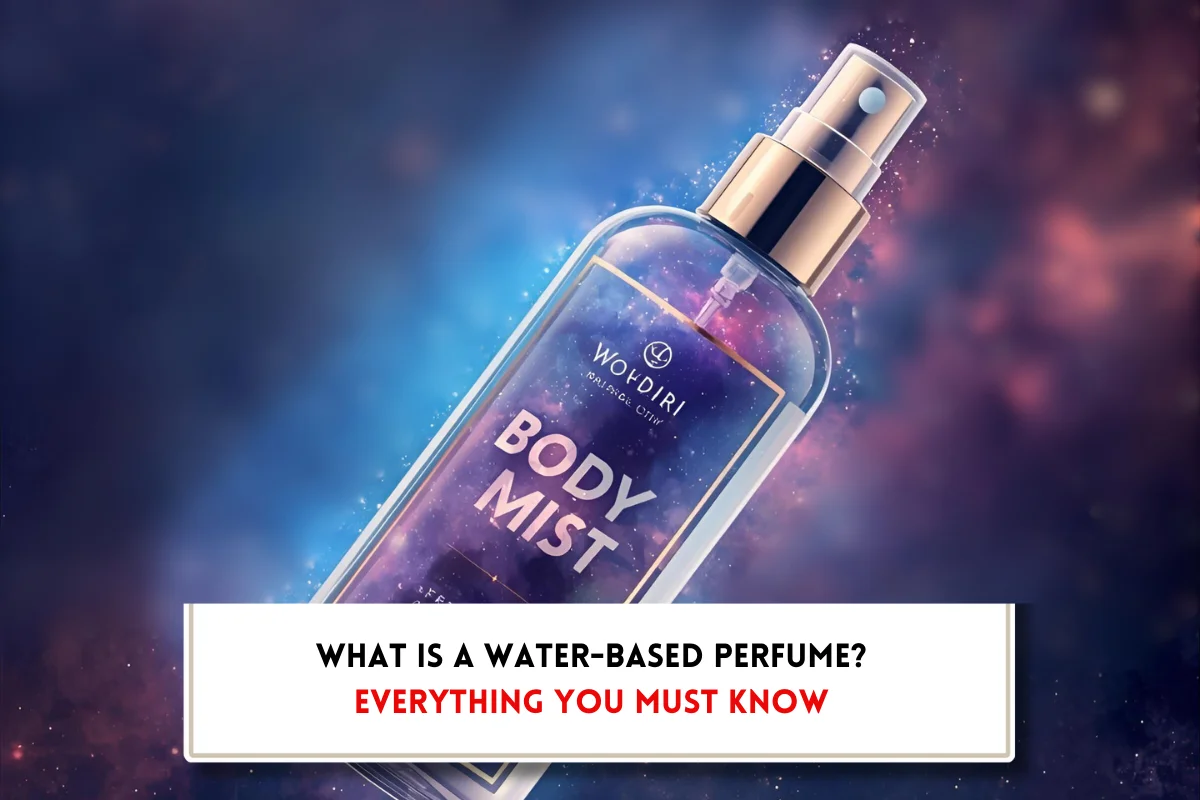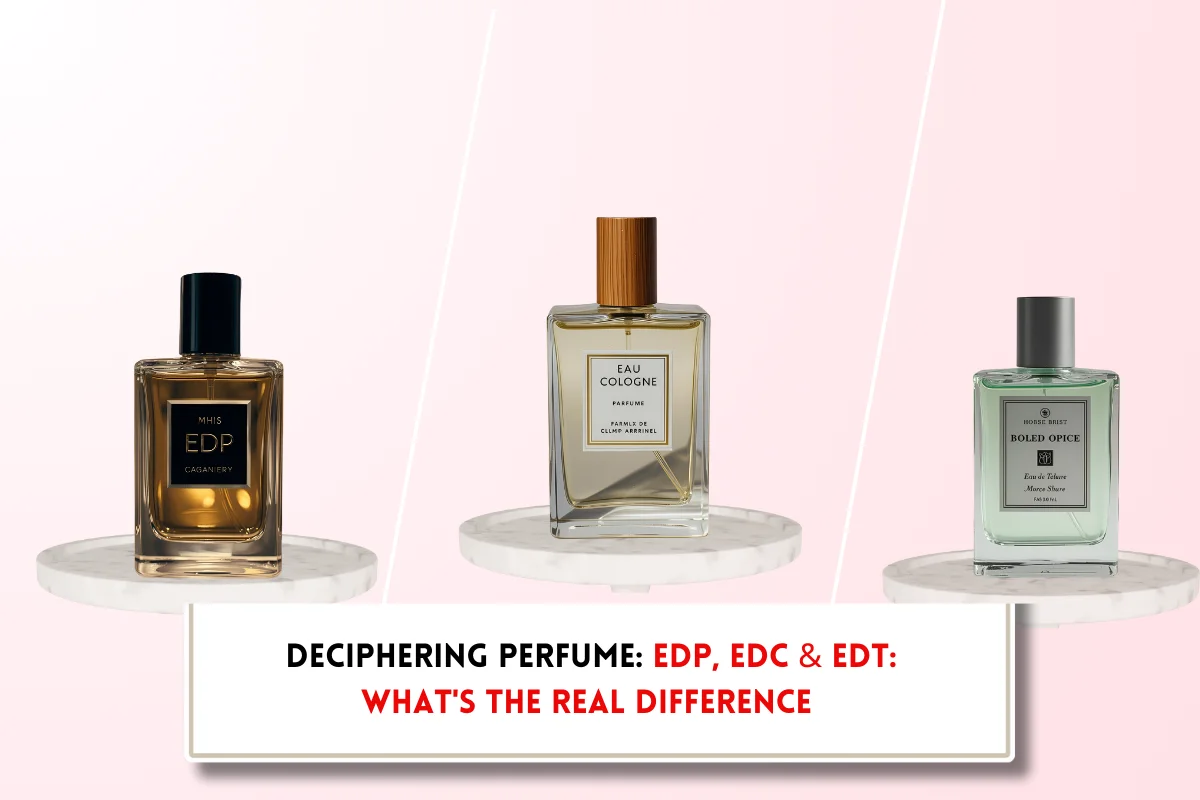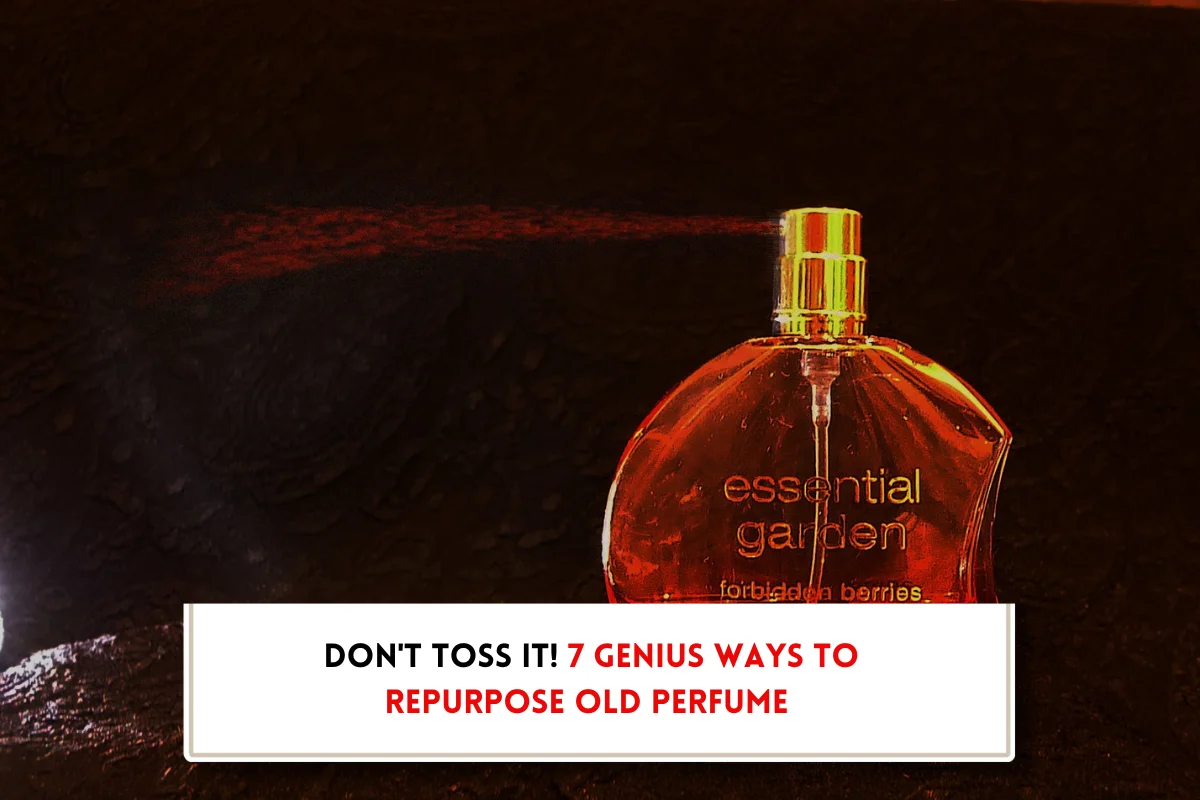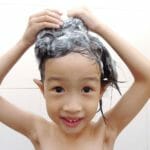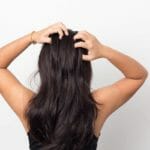Explained: What is bonding shampoo? What is its purpose?
At BeautyCaters, our expert team independently curates every recommended product. Purchases through our links may earn us a commission. Explore our transparent selection process.
Does brushing your hair leave you with the realization that your tresses are susceptible to knots and tangles, or has turned too dry? It is because your hair has been exposed to heat styling, coloring and chemical treatment over and over again. So are you supposed to do away with styling or coloring? Certainly not, when you have bonding treatment, with the primary element bonding shampoo.
So, what is bonding shampoo? What is its purpose?
Read ahead to know everything.
- What is hair bond?
- How do hair bonds become damaged?
- How do you repair hair bonds?
- What is bonding shampoo?
- Why do you need hair bonding treatment?
- How does bonding shampoo work?
- What is the benefit of bonding shampoo?
- How to use bonding shampoo?
- Tips to maintain hair after hair bonding treatments
- How to choose the right bonding shampoo?
- FAQ about bonding shampoo
- Final Word: What is bonding shampoo?

What is hair bond?
Hair, a seemingly simple filament, possesses a remarkably intricate internal architecture, a network of chemical linkage, called hair bonds, that play a pivotal role in maintaining hair health and integrity. These bonds connect keratin, the primary protein component of hair and directly influence a strand’s characteristics, smooth texture and shine, which becomes compromised due to heat styling, chemical processing, or environmental factors. This leads to increased porosity, dullness, and color fading ultimately, resulting in breakage and split ends.
Here’s a breakdown of the three main types of hair bonds and their roles:

- Disulfide bonds: Unlike their temporary counterparts, disulfide bonds are permanent. These strong linkages define the fundamental structure and shape of hair strands, dictating whether hair is naturally curly, wavy, or straight.
- Hydrogen bonds: These transient yet essential linkages contribute significantly to hair’s elasticity and flexibility. Their temporary nature allows for manipulation and styling without permanent alteration, ensuring hair retains its natural bounce and movement.
- Ionic bonds (Salt bonds): Similar to hydrogen bonds, these temporary connections provide additional strength and elasticity. They act like internal reinforcements, bolstering hair’s overall health and manageability.
Related: What are parabens in shampoo?
How do hair bonds become damaged?
Hair’s intricate network of bonds is susceptible to various stressors, ultimately impacting hair’s strength, elasticity, and overall health.
These common culprits can be categorized as follows:
- Heat styling: Excessive use of hot tools like straighteners, curling irons, and blow dryers can disrupt hydrogen bonds and damage the hair’s structure.
- Environmental factors: Sun exposure, chlorine in swimming pools, and saltwater can all weaken hair bonds, leading to dryness and brittleness.
- Mechanical stress: Rough brushing, tight hairstyles like ponytails, and constant pulling can cause physical damage to hair shafts and disrupt bonds.
- Chemical processes: Coloring, relaxing, and straightening treatments often rely on chemicals that break down disulfide bonds to achieve their effects. While this allows for texture changes, it can also significantly weaken hair if not done properly.
A study published in the International Journal of Cosmetic Science highlights the impact of bleaching, which can severely damage disulfide bonds. Similarly, the International Journal of Trichology emphasizes how chemical straightening and perms work by rupturing these bonds, altering hair texture and potentially leading to significant damage.
How do you repair hair bonds?
Repairing broken hair bonds requires a strategic shift in your hair care regimen. While heat styling and chemical treatments offer temporary aesthetic benefits, they can significantly compromise the integrity of your hair shafts.
Hair bonding treatments offer a more comprehensive solution. These innovative products target the hair’s internal architecture, working to repair and reinforce broken bonds. This approach not only fosters improved overall hair health but also manifests in reduced breakage, enhanced manageability, and a noticeable restoration of shine and strength.
What is bonding shampoo?

Bonding shampoo is a cutting-edge formula specifically designed to repair and strengthen your hair, offering a range of benefits that extend beyond a regular shampoo. With its unique bond-building technology, this remarkable product works wonders by reestablishing the weakened links within your hair strands, bringing back their resilience and restoring their healthy appearance.
Why do you need hair bonding treatment?
Conventional hair care products often address damage superficially, relying on ingredients like silicones, keratin, or mineral oils to create a temporary smoothing effect. Hair bonding treatments, however, take a more profound approach, working at the molecular level to achieve genuine hair restoration.
Hair bonding treatments target this issue directly. By repairing and reinforcing these essential bonds, they promote hair restoration from the inside out. This deeper approach leads to significant improvements in hair strength, manageability, shine, and overall health, offering a more long-lasting and effective solution compared to traditional smoothing products.
How does bonding shampoo work?
Hair bonding treatments go beyond simply masking damage. When you apply a bonding shampoo, it penetrates the hair shaft and begins the bonding process. This process involves rebuilding and repairing damaged disulfide bonds with the protein ingredients.
Disulfide bonds are the essential links within each hair strand that are vulnerable to damage from heat styling and chemical processing like coloring. The active ingredients within the shampoo penetrate the hair cuticle and repair the weakened bonds at the molecular level, resulting in stronger, healthier hair strands.
This reparative process not only reduces breakage and split ends; they offer a holistic approach to hair restoration, improvement of overall hair elasticity and resilience, deliver a noticeable smoothing effect and even help regulate your hair’s pH level.
What is the benefit of bonding shampoo?

To understand the significance of bonding shampoo, it is crucial to recognize the myriad of benefits it offers.
- Repairs and protects hair: Mends broken bonds caused by heat, chemicals, and environmental factors. Strengthens hair, reducing breakage and split ends.
- Enhances appearance: Reduces frizz and flyaways for smoother, sleeker hair. Boosts shine and luster for a healthy, vibrant look.
- Maintains color longevity: Protects bonds and prevents color molecules from fading, keeping dyed hair vibrant.
- Overall hair health: Empowers you to take control of your hair’s health and appearance. Strengthens hair, improves manageability, and enhances overall beauty.
How to use bonding shampoo?
Let’s explore how to effectively use a bonding shampoo with these steps:
- Start by thoroughly wetting your hair.
- Apply a small amount of bonding shampoo into your palms and lather it gently.
- Massage the shampoo into your scalp using circular motions, focusing on problem areas if applicable.
- Allow the bonding shampoo to sit on your hair for the recommended time mentioned on the packaging. This essential step ensures the active ingredients can work their magic.
- Rinse your hair thoroughly until the water runs clear, making sure to remove all residue.
- Follow up with a conditioner or treatment specifically designed to complement the bonding shampoo for optimal results.
Tips to maintain hair after hair bonding treatments
So that your mane look and feels best after bonding treatment, implement these maintenance tips into your haircare routine:
- Minimize heat & chemicals: While heat styling and chemical treatments offer temporary benefits, they can weaken newly repaired bonds. Minimize their use to preserve treatment results.
- Regular trims: Split ends can travel up the hair shaft, causing breakage. Schedule regular trims (every 6-8 weeks for most) to prevent this and maintain healthy ends.
- Environmental protection: Sun exposure and pollutants damage hair. Use hats or UV protectant sprays outdoors to shield hair from sun damage. Consider hair care products formulated to combat environmental aggressors.
How to choose the right bonding shampoo?
To select a bonding shampoo, it’s crucial to find one that suits your specific needs.
Tailor your choice:
- Hair concerns: Identify your primary needs – damage repair, color protection, frizz control, etc.
- Hair type and texture: Choose a formula suited to your specific hair type (fine, thick, straight, curly) for optimal results.
Read & follow instructions:
- Manufacturer’s guidance: Always refer to the manufacturer’s instructions for proper application and usage to maximize benefits.
- Avoid misuse: Deviating from recommended procedures might compromise the desired effects of the bonding shampoo.
FAQ about bonding shampoo
What are the key ingredients in bonding shampoos?
Bonding shampoos leverage a unique blend of ingredients designed to synergistically repair and strengthen hair. It has the building block and cuticle smoothing keratin, nourishing amino acid and silicones that form a protective layer around the hair shaft.
When do you need a bond repair treatment?
If your hair shows signs of damage like breakage, dryness, split ends, frizz, or changes in curl pattern, a bond repair treatment can help! Chemical processing, heat styling, and even frequent brushing can damage hair, making it a good candidate for this treatment.
Can you use bonding shampoo daily?
Yes, you can use bonding shampoo daily. Most bonding shampoos and conditioners are suitable for daily use on all hair types.
However, avoid overusing these products, as excessive use can lead to build-up or weigh down your hair. Finding the right balance for your hair’s needs is key.
Can I use bonding shampoo on bleached hair?
Yes, you can use bonding shampoo on bleached hair. Bleached hair is especially prone to damage. Bonding shampoo’s bond-repairing ingredients help strengthen and restore bleached hair, promoting shine, softness, and overall health.
Final Word: What is bonding shampoo?
For those seeking to transform dry, brittle, or damaged hair, bonding shampoos offer a groundbreaking solution. Its advanced bonding technology creates a protective barrier around each strand of hair, minimizing breakage and improving overall hair health. Its purpose is to restore and rebuild the hair’s natural strength, leaving you with healthier, shinier, and more resilient locks.
So, investment in bonding shampoo into your hair care routine, means you are investing in the long-term health and vitality of your hair.

